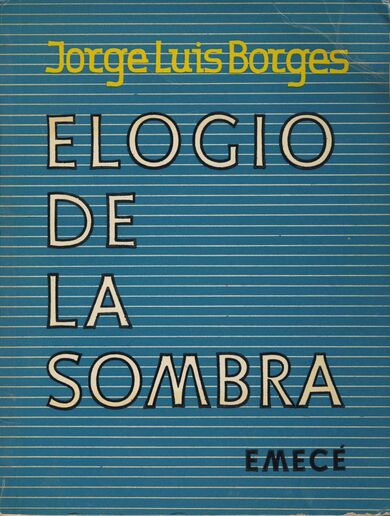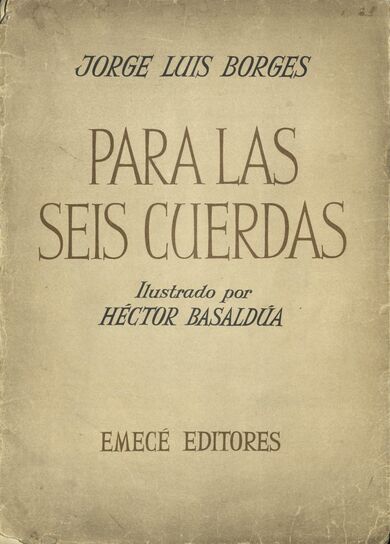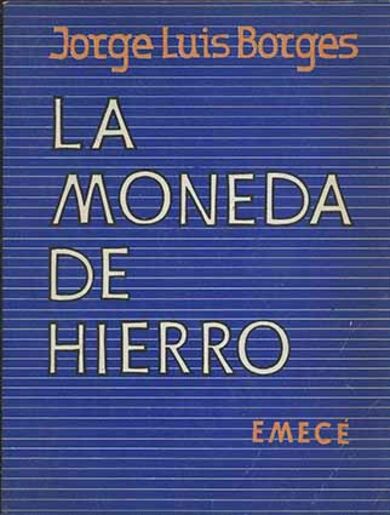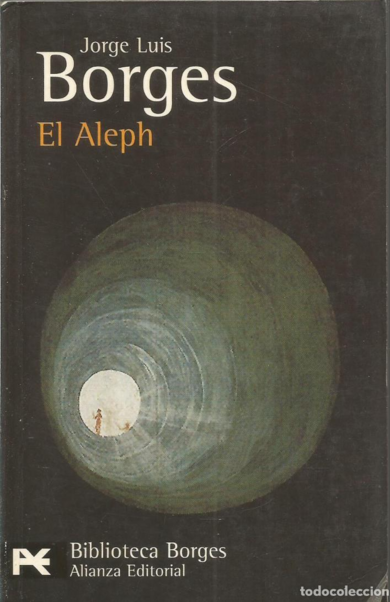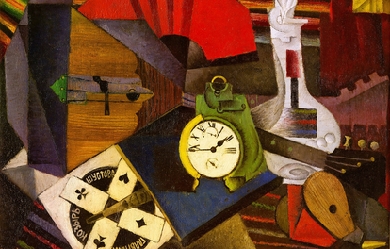
May 20, 1928
Now he is invulnerable like the gods.
Nothing on earth can hurt him, not the coldness of a woman, nor the tuberculosis, nor the troubles of verse, nor that white thing the moon, which he is no longer obliged to capture in words.
He strolls beneath the lindens; he looks at balustrades and doorways, but not to remember them.
Now he knows how many nights and how many morning he has left.
His will has imposed on him a precise discipline. He will perform specific acts, he will cross foreseen street corners, he will touch a tree or a grille, so that the future might be as irrevocable as the past.
He behaves in that way so that the event which he desires and which he fears my be nothing else than the conclusive end of a series.
He walks down 49th Street; it strikes him that he will never go through this or that side door.
Without their suspecting it, he has taken leave now of many friends.
He thinks of what he will never know, whether the next day will be rainy.
He meets an acquaintance and cracks a joke. He knows that this incident will be, on some occasion, an anecdote.
Now he is invulnerable like the dead.
At a set time, he will climb some marble stairs. (This will survive in the memories of others.)
He will go down to the men’s room; on the checkered floor the water will soon wash away the blood. The mirror is waiting for him.
He will slick back his hair, he will adjust the knot of his tie (he was always a bit of a dandy, as befits a young poet), and he will try to imagine that the other man, the one in the glass, is doing these things and that he, the double, is repeating them. His hand will no tremble when the end comes. Passively, magically, the pistol will by now have rested against the temple.
That, I believe, is how it happened.
Escrito motivado por el suicidio del poeta Francisco Lopez Merino. El siguiente texto también fue escrito por Borges después de la muerte de Lopez Merino.
"A Francisco Lopez Merino"
Si te cubriste, por deliberada mano, de muerte, si tu voluntad fue rehusar todas las mañanas del mundo, es inútil que palabras rechazadas te soliciten, predestinadas a imposibilidad y derrota.
Sólo nos queda entonces decir el deshonor de las rosas que no supieron demorarte, el oprobio del día que te permitió el balazo y el fin.
¿Qué sabrá oponer nuestra voz a lo confirmado por la disolución, la lágrima, el mármol? Pero hay ternuras que por ninguna muerte son menos: las íntimas, indescifrables noticias que nos cuenta la música, la patria que condesciende a higueras y aljibe, la gravitación del amor, que nos justifica.
Pienso en ellas y pienso también, amigo escondido, que tal vez a imagen de la predilección, obramos la muerte, que la supiste de campanas, niña y graciosa, hermana de tu aplicada letra de colegial, y que hubieras querido distraerte en ellas como en un sueño.
Si esto es verdad y si cuando el tiempo nos deja, nos queda un sedimento de eternidad, un gusto del mundo, entonces es ligera tu muerte, como los versos en que siempre estás esperándonos, entonces no profanarán tu tiniebla estas amistades que invocan.
#Argentinos #PremioCervantes #SigloXX #1969 #ElogioDeLaSombra #Suicidio







